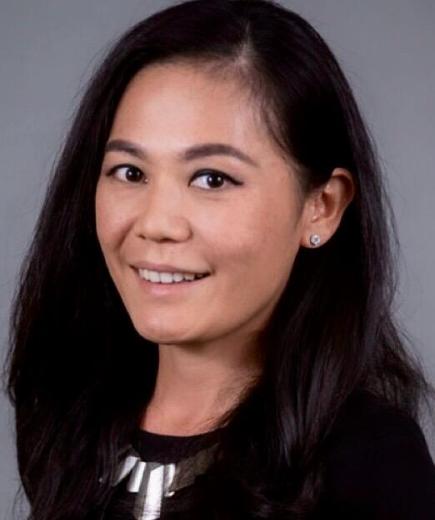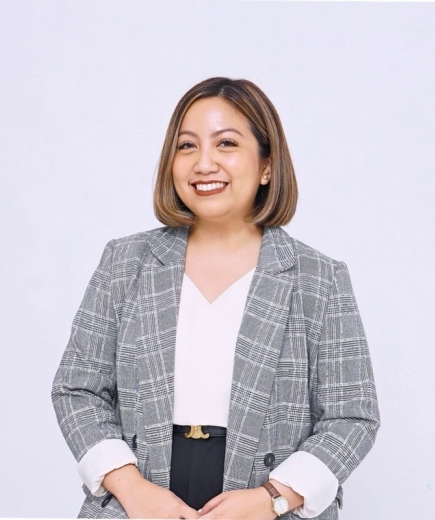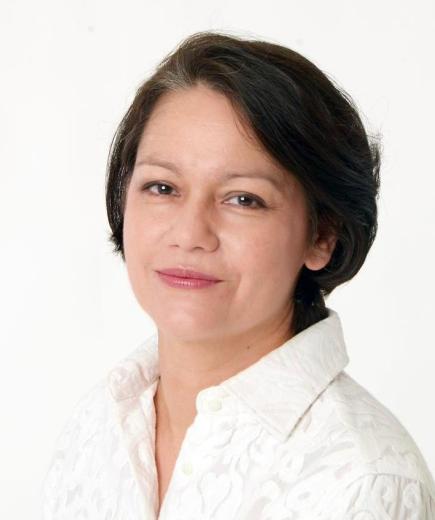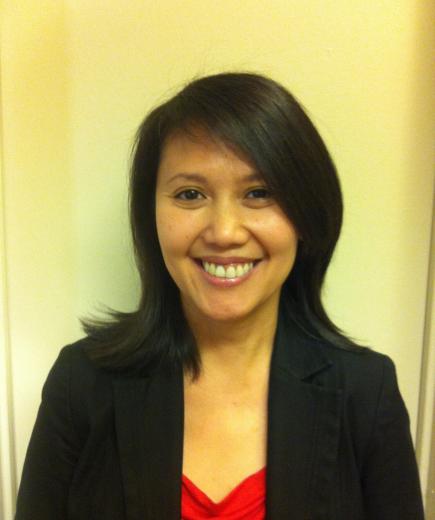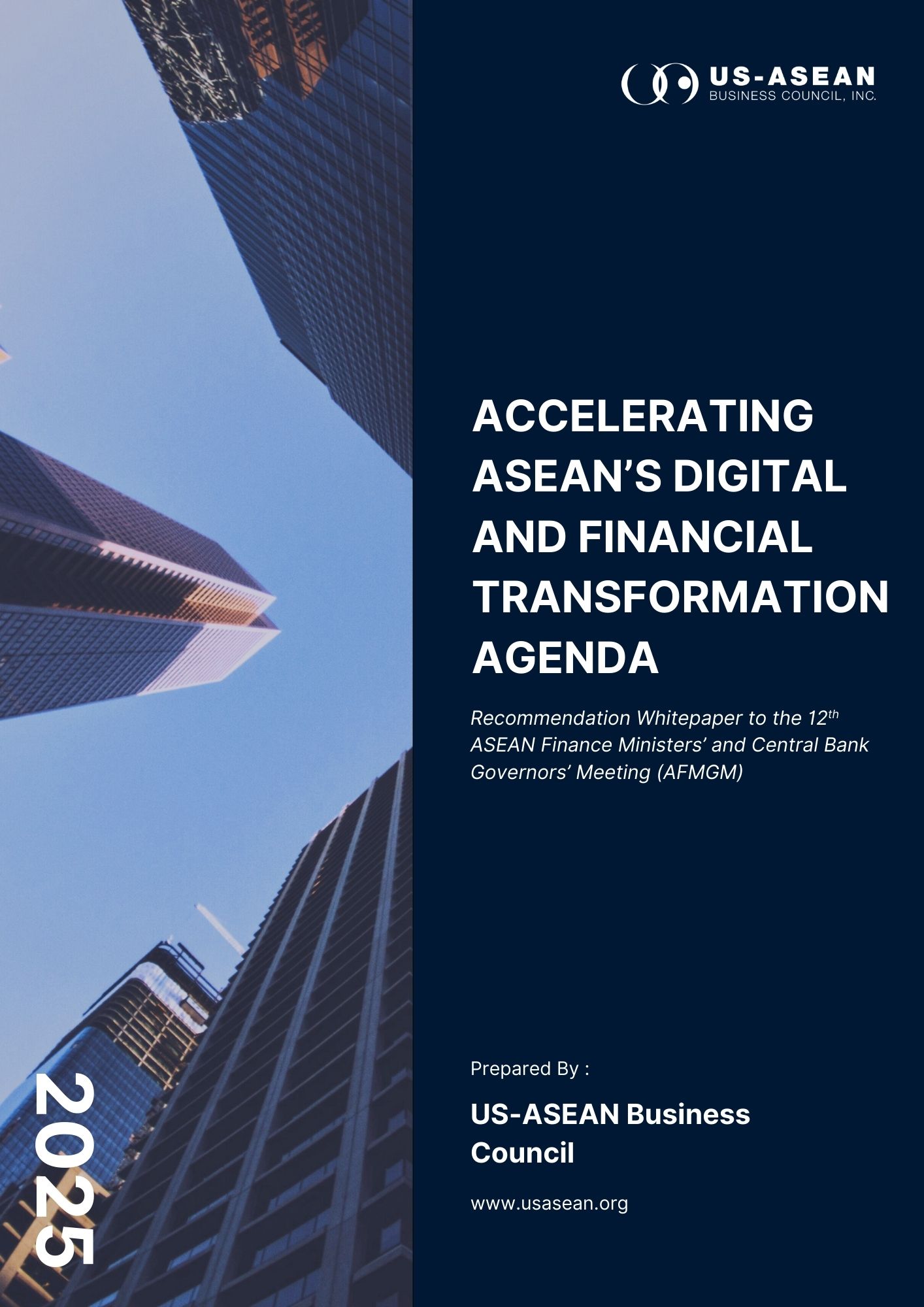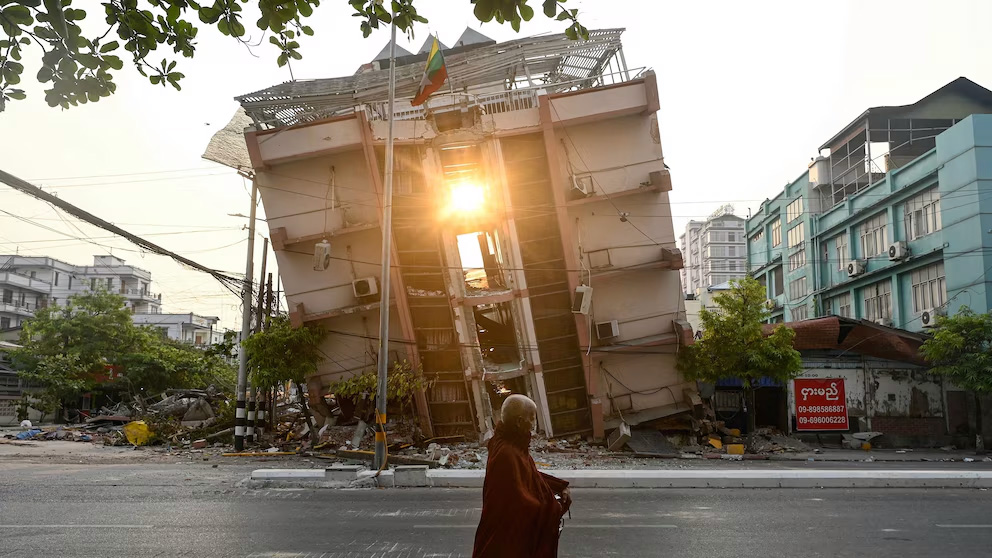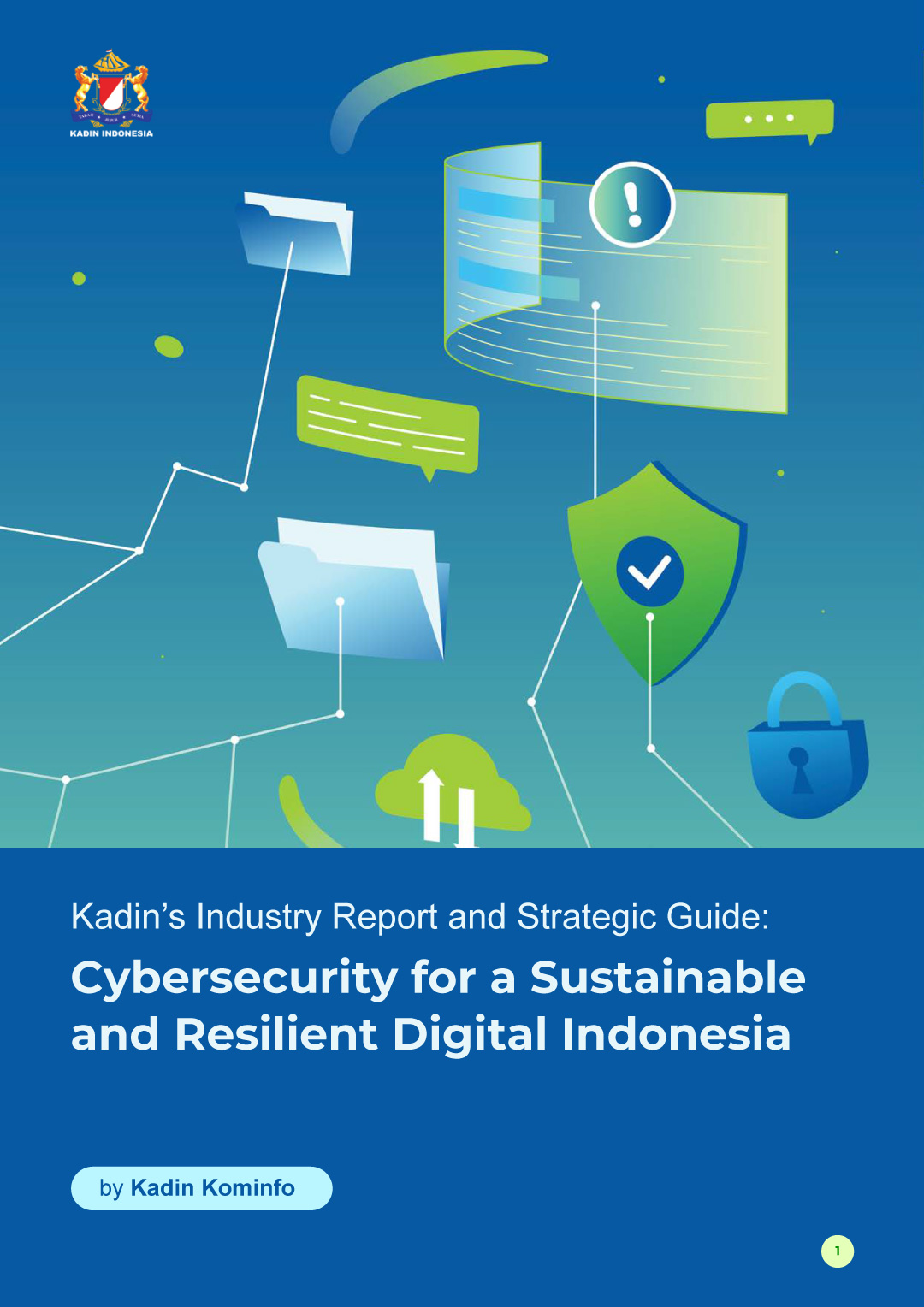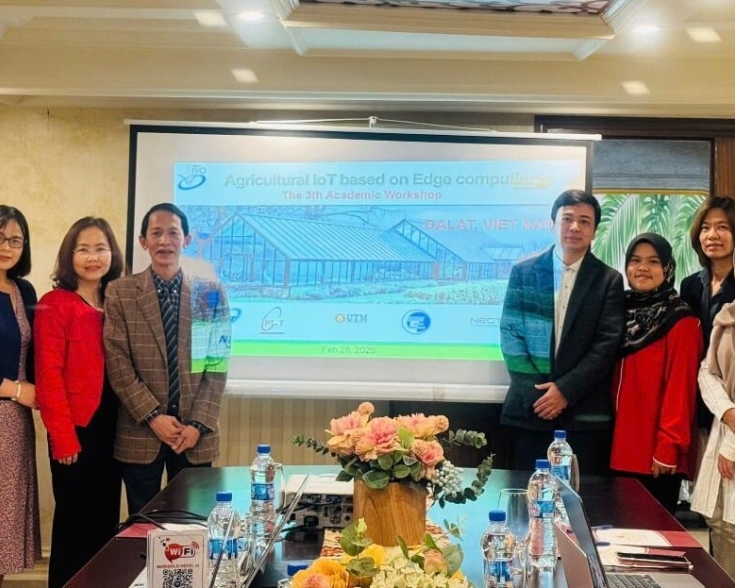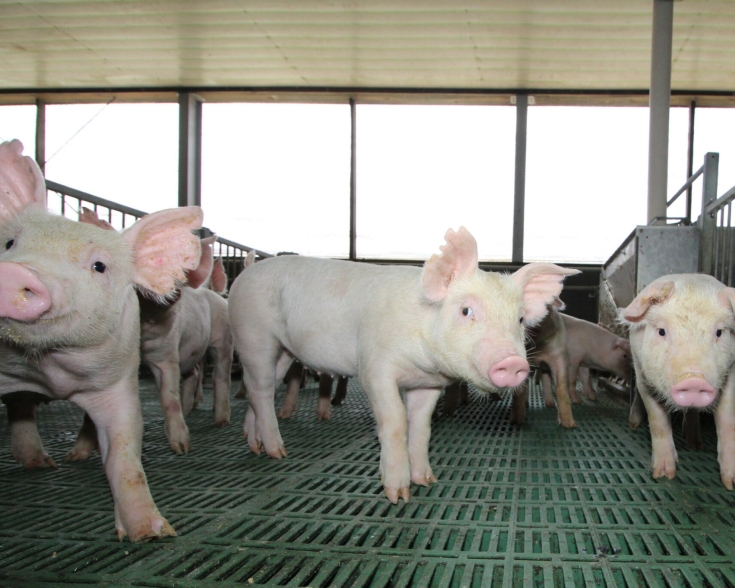The “Red and White” Cabinet of President Prabowo Subianto
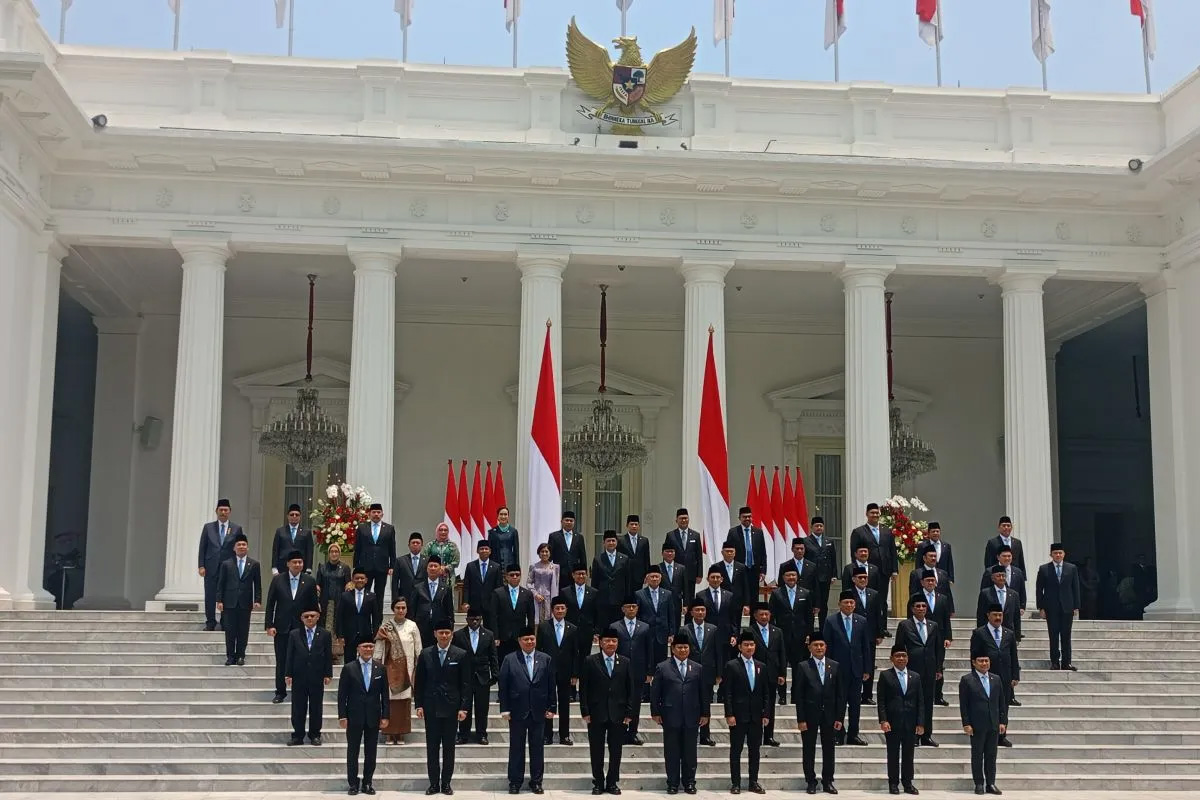
Presidential Inauguration
Following their victory in 2024 Indonesia’s Presidential Election, on October 20, Prabowo Subianto and Gibran Rakabuming Raka were inaugurated as the 8th president and the 14th vice-president of the Indonesia for the 2024-2029 period. This marks President Prabowo’s 4th Presidential run, in which he secured 58.6% of the vote from approximately 96 million voters (81.7% turnout). Hitting the ground running, he has spent the last seven months meeting with foreign leaders and assembling his cabinet, resulting in the cabinet inauguration that happened only hours after the presidential inauguration.
During the presidential inauguration, dignitaries from 33 countries, including from the U.S., Russia, China, and some ASEAN countries witnessed the ceremony. U.S Ambassador to the United Nation Linda Thomas-Greenfield attended the inauguration and had a bilateral meeting with the new President on October 21 where she reaffirmed the U.S.'s commitment to the Comprehensive Strategic Partnership and ASEAN's role in promoting peace and stability in the region. Notably, President Biden has issued congratulatory note and reiterated the commitment to strengthen the bilateral partnership as both nations recently mark the 75th anniversary of diplomatic relations this year.
Prabowo’sinaugural speech stressed the need to continue national growth, noting Indonesia’s status as a G20 member and the world’s 16th largest economy. He laid out his key priorities, and emphasised the needs to strengthen bilateral cooperation. Moreover, he reiterated commitment to achieve the “Indonesia Emas” Vision to become a high-income economy by 2045. There was no specific remarks on the new capital city development, although it was incorporated in his campaign’s priority programs.
Prabowo-Gibran Key Policy Programs and International Engagements
- Free Lunch Program: targeting 82.9 million students and pregnant women in underdeveloped, frontmost and outermost regions by 2029, with a budget of IDR 71 trillion in 2025.
- 15 Million Homes: aims to build/renovate 1 million homes in urban areas and 2 million in rural areas annually, with a total of 15 million homes targeted to be built by 2029.
- Food Self-Sufficiency: Aims for food self-sufficiency in 3 years and export in 4 years. Boosting partnership with government agencies and State-Owned Enterprises and improving food estate.
- 8% Economic Growth: Targeting to be achieved within 3-4 years by increasing income, consumption, and public- private collaboration.
Recognizing the scale of these ambitious programs, Prabowo organized an orientation program called the Hambalang Retreat for all prospective Ministers and Vice Ministers, featuring experts in geopolitics, artificial intelligence, anti-corruption, economic and effective communication. Right after the inauguration, he organized a “leadership program in Mount Tidar, Magelang, for cabinet members, reflecting the President’s commitment to building a well-prepared cabinet.
President Prabowo’s diplomatic visits before and after his inauguration focused on strengthening economic, defense, and regional cooperation. Key visits included meetings with Chinese President Xi Jinping to enhance cooperation through the Belt and Road Initiative and discussions with Japan's Prime Minister Fumio Kishida on infrastructure and energy. In Europe, Prabowo met French President Macron and leaders in Serbia, Turkey, and Russia to explore collaboration. He also emphasized defense modernization with Australian Prime Minister Anthony Albanese.
Prabowo’s September ASEAN tour as Defense Minister covered industry collaboration with Brunei, disaster management with Laos, as well as regional security with Cambodia, Thailand, Malaysia, and the Philippines. His first international appearance after assuming office will be at the Asia-Pacific Economic Cooperation (APEC) Summit in November in Peru.
The Grand “Red and White” (Merah Putih) Cabinet
The Merah Putih Cabinet consists of 109 members with a total of 7 coordinating ministers, 41 ministers and 5 ministerial-level officials and 56 Vice Ministers - an increase from the Jokowi cabinet of 34 posts and is the largest cabinet since 1966. This was backed up with an amendment to the State Ministries Law issued on September 19, 2024, providing the authority to restructure a ministry, establish a new ministry, and determine the number of ministries. Political experts mentioned that this is a strategy to distribute power among his large coalition. See the Cabinet composition and profiles in the Appendix.
On October 21, Prabowo reshuffled key structures and functions under the Merah Putih cabinet, through the Presidential Regulations (Perpres) No. 139 and No. 140 of 2024. Both regulations set up technical ministries and agencies to report to their respective coordinating ministries. The Finance Ministry now reports directly to the President and the Cabinet Secretariat was integrated to the Ministry of State Secretariat. The National Economic Council established back in 1999 was also revived with former Coordinating Minister Luhut Pandjaitan as Chairman.
With the cabinet transformation, significant restructuring is currently underway. For example, in the integration of Cabinet Secretariat to State Secretariat, and the separation of technical ministries (e.g., Ministry of Tourism and Ministry of Creative Economy as two separate entities). Presidential Regulation 139/2024 stipulated that the ministries restructuring must be completed by December 31, 2024.
The Cabinet Demography and the Lack of Opposition
The Red and White Cabinet represent 6 political parties and is dominated by members from Golkar (8), Gerindra (6) and the military (5). It consists of 14 women (12.8%) including 5 in the ministerial and 9 in vice-ministers. Three of seven Coordinating Ministries are chairmen of parties under Prabowo’s coalition: Democratic Party Chairman Agus Yudhoyono, PAN Chairman Zulkifli Hasan, PKB Chairman Muhaimin Iskandar. There are 18 ministers (16.5%) served in Jokowi’s cabinet, 13 of whom retain their positions, signalling continuation and suggesting that deliberation of pending regulations will likely continue.
Most of Prabowo-Gibran’s cabinet members are tied to their political circle and 7 of 8 parties in the parliament have joined Prabowo’s coalition, giving him a strong majority. There has been continuous talk between Prabowo and Megawati Soekarnoputri, the chief of Indonesian Democratic Party of Struggle (PDI-P), though no deals have been confirmed. While a dominant coalition might streamline policy implementation, democracy without meaningful checks and balances could echo the past Soeharto authoritarian era. Afterall, there is no democracy without opposition, which emphasizes the need for the Prabowo-Gibran administration to strike a balance to preserve Indonesia’s democratic integrity.
